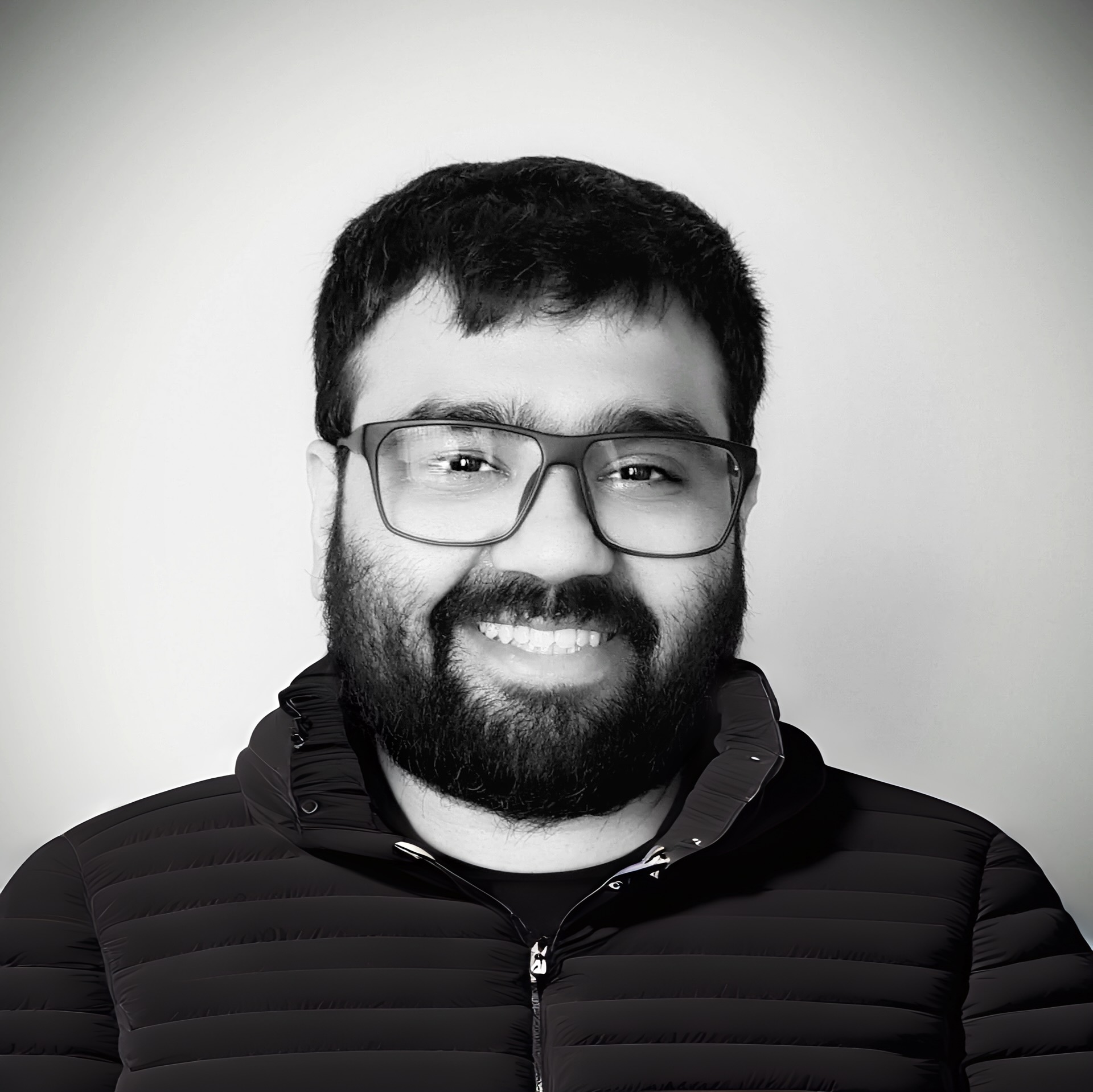Research Themes
Below are brief descriptions of various research themes that I have worked on, latest work first. Given how research works, there is usually a time-lag between the topics described here; and their fruition as research papers on the publications page.
Knowledge and Model Acquisition for Complex Reasoning
Machine Learning (ML) techniques rule the roost in AI research today, particularly Deep Learning and Reinforcement Learning. While recent advances have shown a focus on learning from scratch, there is still a big role for knowledge and models to play in this brave new world. Specifically, the AI agents and systems of the future must be able to combine learning and reasoning skills to make the most sensible use of all available data as well as prior knowledge. One of my current and immediate interests is in looking at abstract representations of reasoning models (that will accommodate multiple kinds of reasoning techniques) and how to learn these abstract representations from data and exploration; as well as incorporating prior knowledge into such representations. The prior knowledge may either be elicited actively from human experts, or learned passively from specific traces of the agent or system's execution in the world. I am currently working on evaluating this idea on a specific application (Reasoning for Complex Question Answering) and a specific technology (Automated Planning).
Human-Agent Collaboration
My graduate research work was strongly centered around the theme of reasoning and decision-making systems as mediators for human-machine and human-agent teams. This idea encapsulates two distinct technical challenges: first, reasoning formalisms must be made expressive enough to be able to represent real-world scenarios. Then the applications of interest must be modeled in order to use state-of-the-art reasoning systems that have been augmented with these extensions. My research statement elucidates on this idea.
At IBM, I had a chance to apply this to something different from the robotics domain in 2017 -- my work in that period focused on combining symbolic AI techniques like planning with HCI tools and technologies to produce smart interfaces for business applications.Data-Driven Dialog
A couple of years ago, I worked on the problem of conversational systems that engage in full end-to-end dialog (as distinct from single-turn question-answering). In particular, the work I did focused on the following additional conditions: (a) goal-driven dialog; and (b) data-driven (learned) models. The idea centered around building fully-encapsulated dialog agents that can operate with learned models of a domain to steer the conversation towards the resolution of problems. We evaluated our systems and agents in the context of technical support for Ubuntu (please see publications for our latest reports).
Planning for Human-Robot Teaming
My Ph.D. thesis work centered around the problem of planning for human-robot teaming; that is, considering the automated planning issues involved when supporting the execution of a robot in cooperative scenarios that involve teaming up with humans. Specifically, the problem was to have a high-level task-planner control -- and plan for -- a robot that has to act in a constantly changing world.
Metrics
Documents
Google Scholar
Here is a link to my Google Scholar page, which has a handy (and current) citation count.
Erdös Number
My Erdös Number is 3: William Cushing ⇄ Henry Kierstead ⇄ Paul Erdös
Internships
IBM TJ Watson Research Lab
In 2012, I interned at IBM's TJ Watson Research Laboratory in Hawthorne, NY. My work was related to streams, and automating the process of composing them and handling the entities and artifacts that are produced as a result of these compositions. We handled a network traffic monitoring application, and used planning tools and models to refine the security alerts that are escalated to a human administator, thus improving overall efficiency and reducing the response time to serious incidents.
IBM India Research Lab
I worked with IBM's India Research Lab in Bangalore (in 2011) on creating a model for road traffic and various intelligent sensors and systems that are part of the 'Internet of Things' (IoT). This model was used with planning systems to produce automated decisions on controlling the traffic in order to optimize metrics like throughput and wait time.
Service
Refereeing (Selected)
- AAAI 2018, AAAI 2019, AAAI 2020: Senior Program Committee
- ICAPS 2018: Program Committee
- IJCAI 2017, IJCAI 2018, IJCAI 2020: Senior Program Committee
- ICAPS 2017: Program Committee
- WWW 2017: Program Committee
- IJCAI 2016: Senior Program Committee
- AAAI 2016: Program Committee
- AAAI 2015: Program Committee
- ICWSM 2015: Program Committee
- AAAI 2014: Program Committee
- ICWSM 2014: Program Committee
- WSDM 2014: Auxiliary Reviewer
- ACM Multimedia 2013: Program Committee
- CP4PS Workshop at AAAI 2012: Program Committee
- AAAI 2012: Auxiliary Reviewer
- TAMPRA Workshop at ICAPS 2012: Program Committee
- AAAI 2011: Auxiliary Reviewer
- ICAPS 2009: Auxiliary Reviewer
Organization
- ICAPS 2021: Program Chair (Applications Track)
- AAAI 2020: Systems Demonstrations Co-Chair
- ICAPS 2019: Tutorial Program Co-Chair
- ICAPS 2018: Organizing Committee, SPARK Workshop
- ICAPS 2017: Organizing Committee, SPARK and UISP Workshops
- AAAI 2017: Lead Organizer, Human-Aware AI (HAAI) Workshop
- IJCAI 2016: Lead Organizer, Closing the Cognitive Loop (CogComp2016) Workshop
- AAAI 2015: Human-in-the-Loop Planning and Decision Support Tutorial
